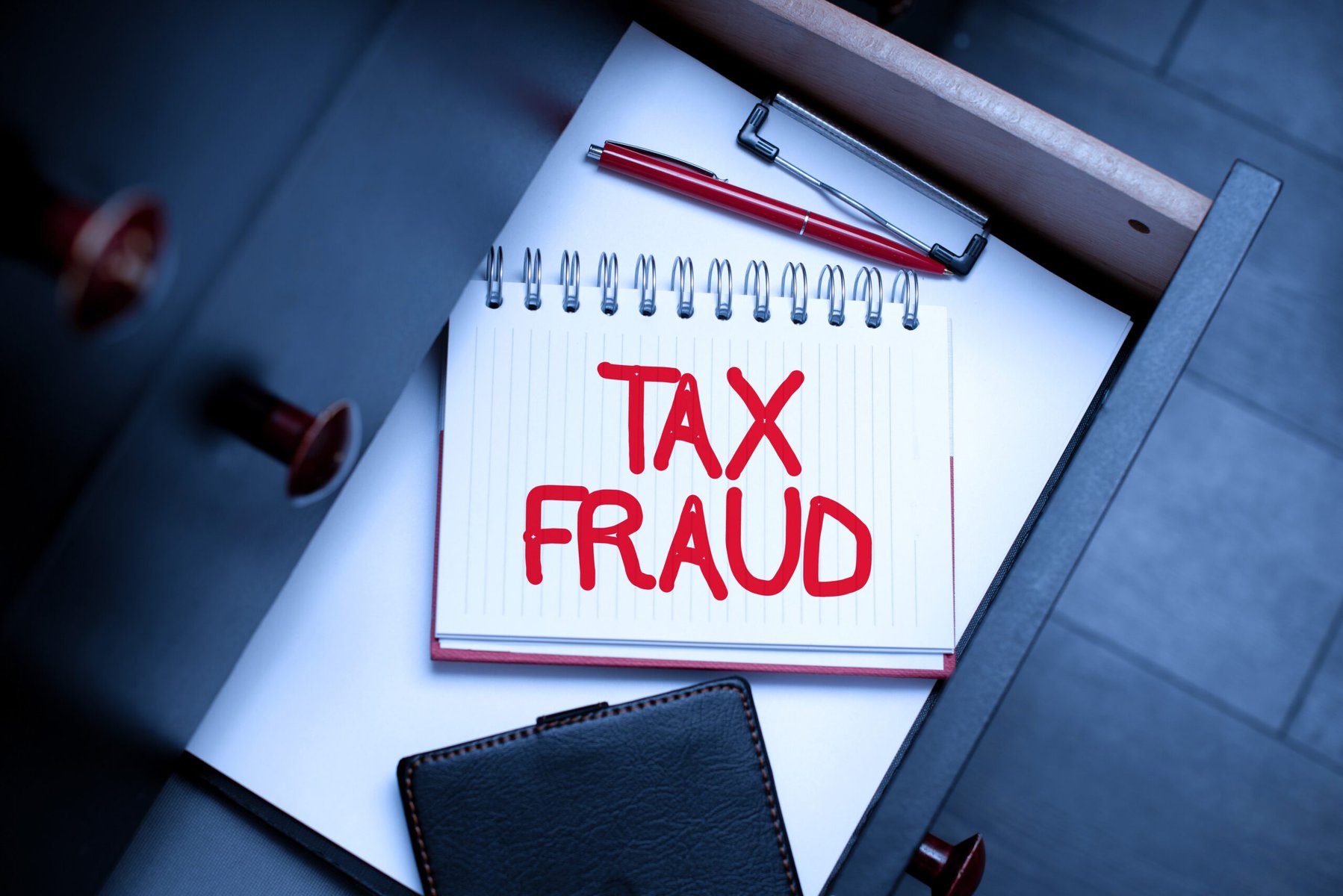


Case: [Ashutosh Garg vs Union of India].
The Supreme Court on Friday granted bail to an individual accused of creating 294 fake firms and evading approximately ₹1,032 crores in taxes through the issuance of fake invoices.
A bench comprising Chief Justice of India DY Chandrachud, along with Justices JB Pardiwala and Manoj Misra, granted bail to Ashutosh Garg. Garg was arrested under the Goods and Services Tax Act in November 2023 by the Directorate General of Goods and Services Tax Intelligence.
"Bearing in mind that the offence carries a maximum punishment of five years of imprisonment and the period of custody already undergone, we do not consider it appropriate to keep the petitioner languishing in jail any further. The petitioner shall accordingly be released on bail" the Court stated.
Senior Advocate Talwant Singh appeared on behalf of the accused Ashutosh Garg, while Additional Solicitor General Vikramjit Banerjee represented the Union of India. Previously, the Rajasthan High Court had denied bail to Garg. Garg contended that his arrest was based on his confessional statement, which he argued is not admissible as evidence. In a March 6 order, the High Court refused to grant bail to Garg. The court noted that a co-ordinate bench had rejected the bail plea of a co-accused in February, indicating a pattern in handling such cases.
Furthermore, the High Court dismissed Garg's argument that, since the offence against him is punishable by a maximum of five years of imprisonment, he should be granted bail. Justice Anoop Kumar Dhand of the High Court remarked, "A common man of this Country is paying all kinds of taxes including CGST and SGST to the Central and State Government for development and building of the Nation and the State but the person like the petitioner is causing obstruction in the development of the Nation as well as the State by creating fake firms and causing huge loss of Rs.10.32,91,88,876/- to public exchequer. Such act of economic offence committed by such accused person like the petitioner, is required to be dealt with a different approach in the matter of bail."
Justice Dhand emphasized the severity of the economic offence, which led to the appeal before the Supreme Court. Upon reviewing the case, the Supreme Court considered the duration of Garg's custody and the nature of the offence. It concluded that keeping Garg in jail any longer was unwarranted, leading to the decision to release him on bail. This ruling marks a significant development in a case that underscores the complexities and challenges of adjudicating economic offences.
TAGS: Tax Fraud Bail Supreme Court Money Exemption CJI